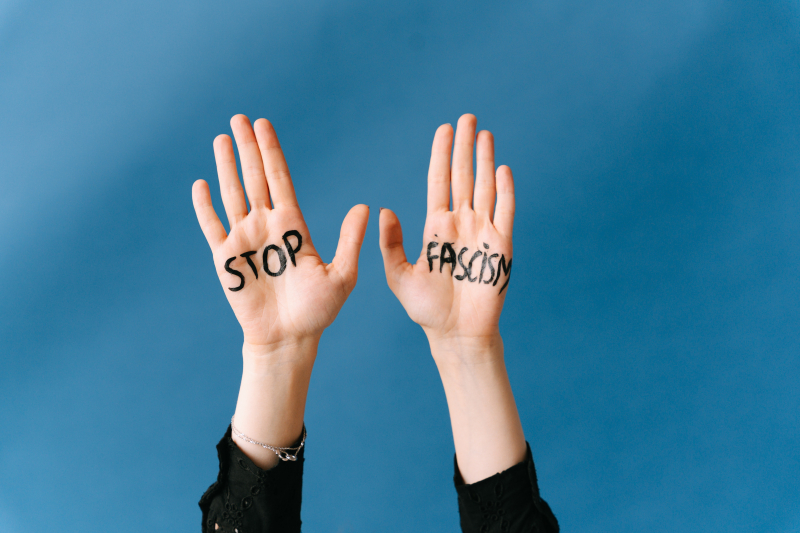Adolf Hitler
Although the stated objectives of Mussolini's fascism and Hitler's nazism were nearly identical—restoring the glory of ancient empires, reshaping society along militaristic principles, arbitrarily selecting a group of people and blaming them for every issue—historians have long maintained that there are some significant differences between the two, even if they weren't particularly significant in the overall scheme of things.
Italian fascists weren't too fond of the 'biologically superior' side of the Nazi ideology, in contrast to the distorted racial theory of the Nazis, as Mussolini had quite a few Jewish assistants up until a little before the war (many Jews even participated in the March on Rome). They disagreed on religion as well. Mussolini, at least in the early years of his rule, actively formed an alliance with the Church, with frequent public displays of support for the institution and the reintroduction of religious symbols in public spaces after years of secularism being the state policy. In contrast, the Nazis were, at best, at odds with the Church because they believed religion to be a weakening force for native Germans' Aryan instincts, despite the fact that many Germans and Nazi officials were fervently religious.
As we previously stated, the victims of both of these philosophies and their final effects on the globe wouldn't care much about those differences. Hitler, in contrast to many other fascists on this list, did not primarily seize power through an uprising or violent takeover. Instead, President Paul von Hindenburg gave him the position of Chancellor in 1933, and he used it to transform Germany into the dictatorial, one-party state of Nazi Germany - and himself as the Führer - in 1934.
Without going over what the majority of us have already learned in school, Adolf Hitler and the other Axis nations that supported him during World War II would be held accountable for nearly 75 million fatalities globally. The Holocaust claimed the lives of about 12 million Jews, Roma, Slavs, Poles, prisoners of war, and other political opponents.
Born: 20 April 1889Braunau am Inn, Austria-Hungary (present-day Austria)
Died: 30 April 1945 (aged 56)Berlin, Nazi Germany











